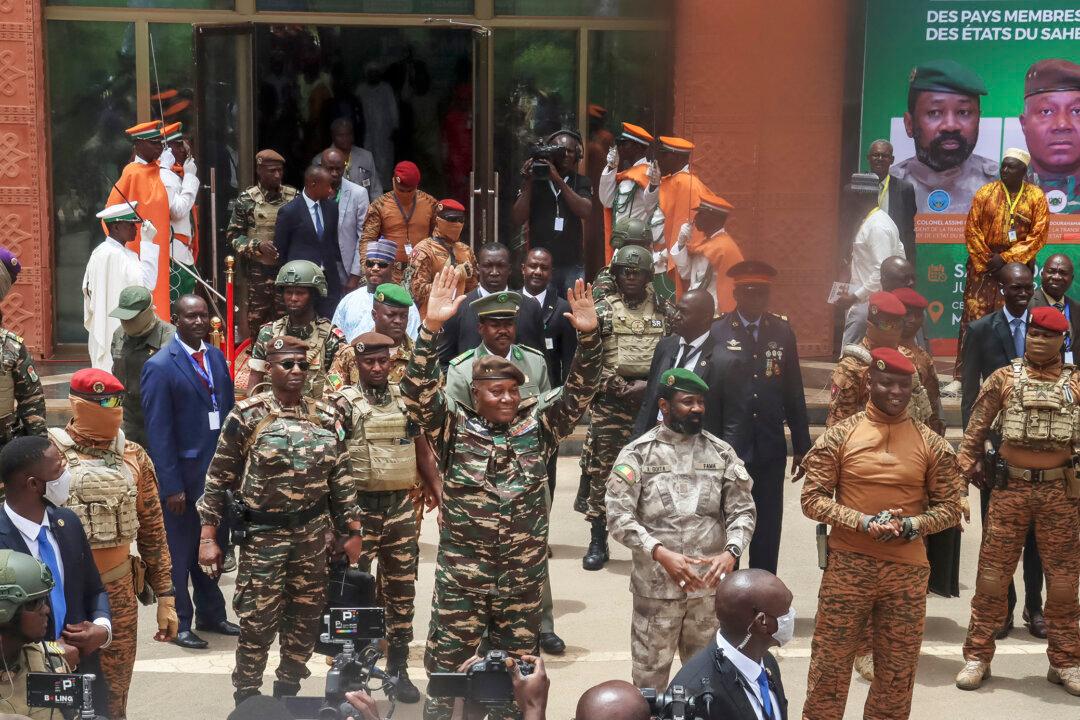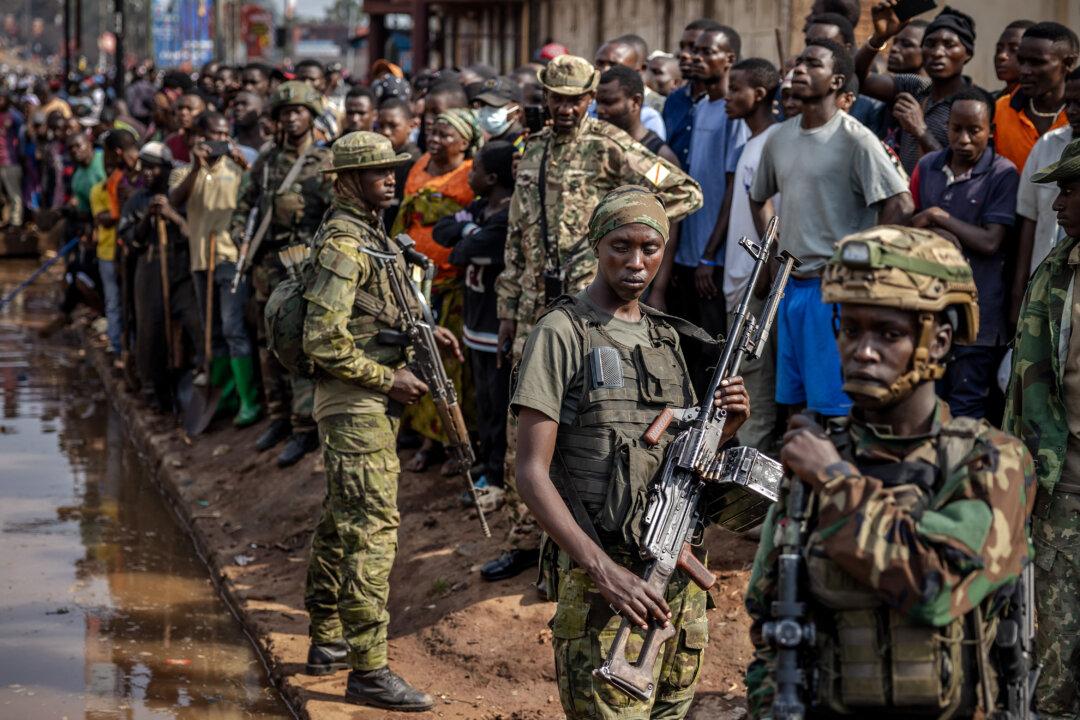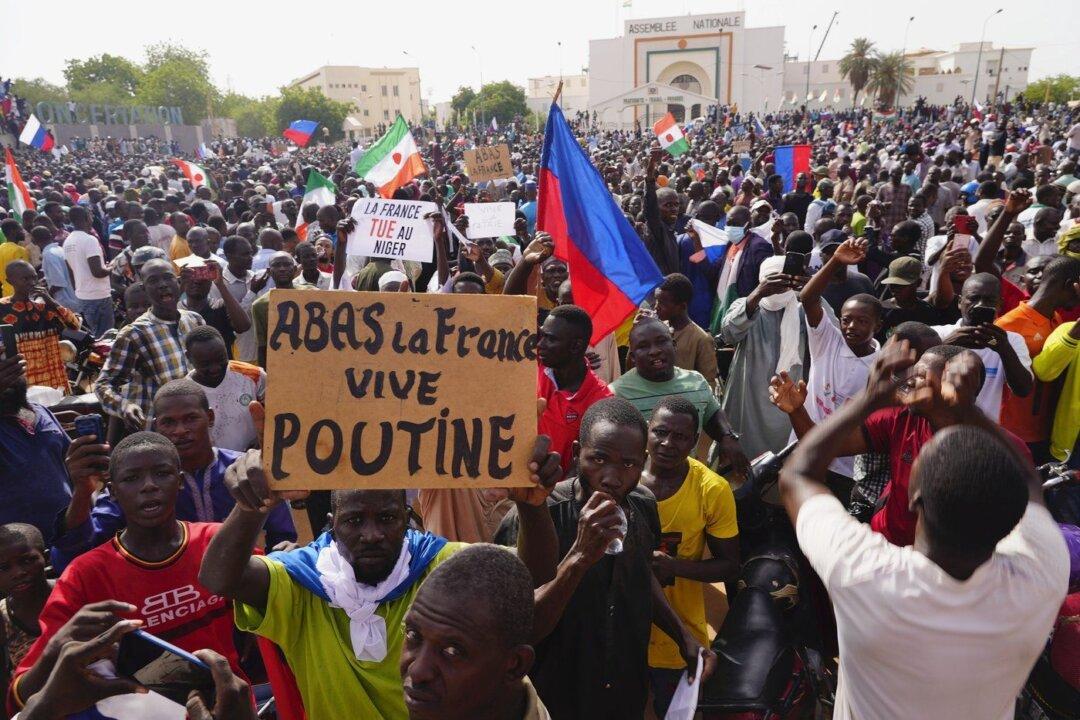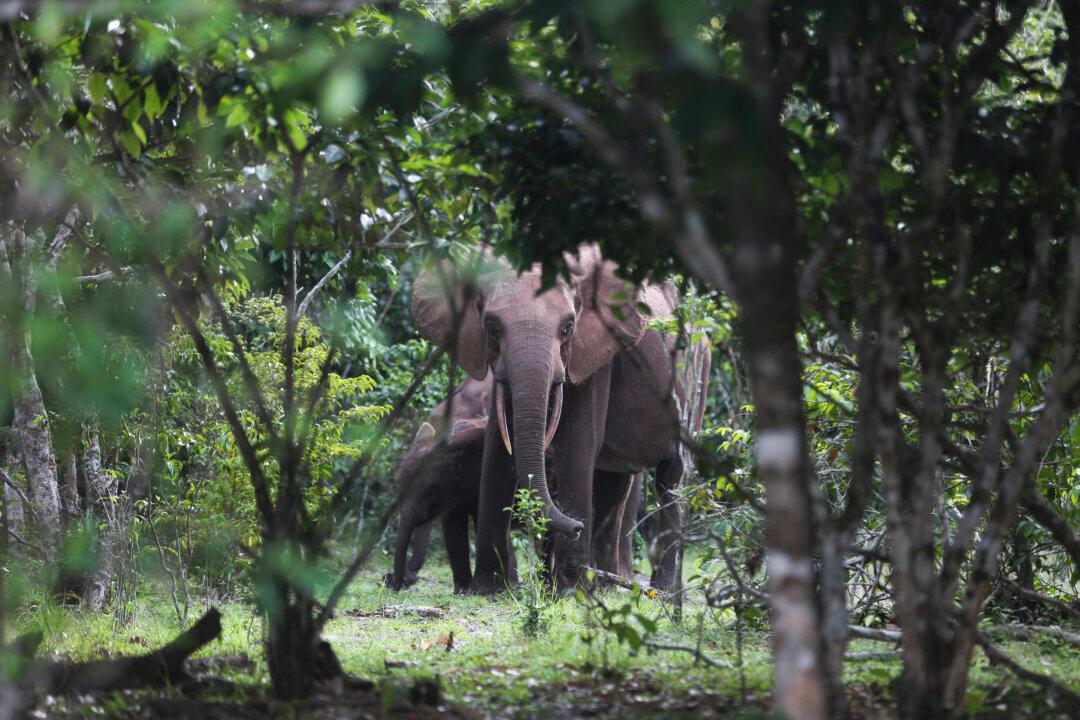Three West African junta-led nations of Mali, Niger, and Burkina Faso have officially withdrawn from the 15-member Economic Community of West African States (ECOWAS).
The exit of the three Sahelian nations came one year after they formally notified the regional group of their desire to withdraw, a time the bloc demanded the restoration of democratic rule in Niger following a military coup that marked the sixth military takeover in three years in West Africa.



